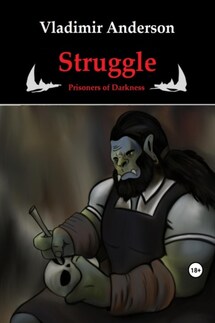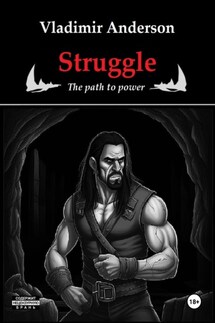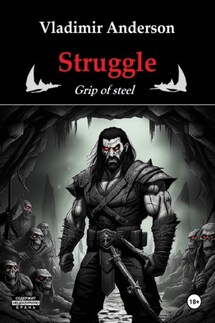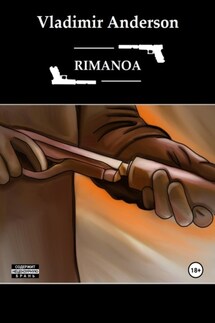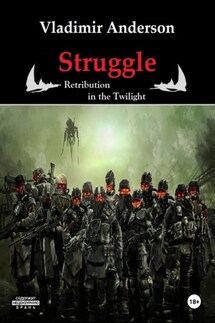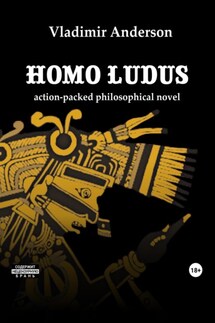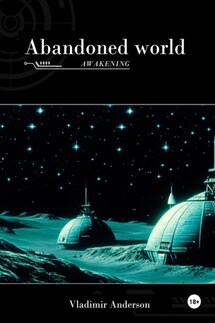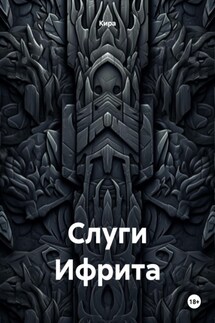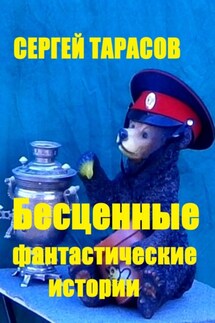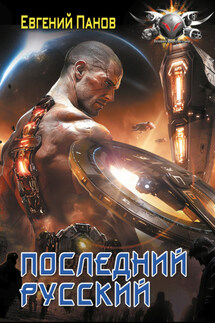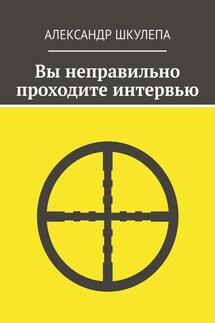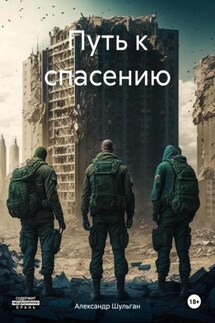No one remembers the time when we were free anymore. Once upon a time, long ago, there was a war between us humans. We didn't know we'd have to face anyone else. We thought we'd conquered nature, split the atom, mastered space. And then they came… And all our equipment, all our "artificial minds" refused to work… not for us, but for anyone at all: they simply failed. All our achievements became nothing in an instant: missiles, computers, distribution systems, what's more… half of everything became junk. And the shuttles and satellites… who knows what happened to them. Maybe they fell into the ocean, or maybe they are still flying… in fact, nobody is interested in it now....
And all because of some crystal. None of the humans have ever seen it, of course, but the plagues (the very ones who consider themselves our masters) have always propagandized its power and greatness, claiming unimaginable size and intelligence Yes, it's alive. What's more, according to them, he's the one who told them to start the war, and then opened
the portal, after which he jammed all our electronics. Jesus, we're down to one firearm and a couple thousand tanks that survived World War III.
Some put their hope in KAZ (active protection complex; armored vehicle defense, which works on the principle of throwing metal balls in the direction of a flying shell), but it was so little, as well as forces, and the enemies were so many that. God, why did we fight each other?
Why the plagues needed us is quite clear – raw materials, material and labor. Now they pump our oil, our gas and coal, and everything else is also ours and only by ourselves. Here we are slaves and have no rights, that is, not that to our oil or gas, but to ourselves and our children. And how many of us are left? I don't know. maybe a third or a quarter of a
billion. Who cares, as long as there is enough for production?
People are finally equalized in rights. Nonsense, but that seems to be possible when there are no rights at all. When everyone has to work for the chums.
There are those who disagree with this – the Maquis (in honor of the once former rebels). They hide somewhere, they are few in number, but they attack, though rarely. We are all with them, but we see perfectly well that we can do nothing now.
After the conquest of the plague divided all several groupings by continents, and already there formed into several columns. The largest grouping is Eurasian. It consists of four columns: Iranian, Indian, Chinese and Slavic (in the last one everyone was shifted, so in some way it became as before).
Gavriil Zheleznov (for chums he is 643075A2) was the commander of the 381st working soma (in their language "soma" – slave). In the soma he was called no other way than "Gora". Sometimes even in a direct manner. The nickname was justified for a number of reasons: firstly, his orders were always given clearly and unambiguously, secondly, his decision, at least outwardly, could not be shaken by any arguments, thirdly, the very appearance (taller than two meters, heavier than a hundred kilograms, and his face face – a combination of wrinkles and folds, however, not tense muscles),
and, finally, most importantly, the permanence of his position. On this he became a legend. The thing is that it was impossible to hold the position of A (commander, which is written at the end of the serial number) for fifteen years: in case of failure to fulfill the plan, the plagues killed, in case of fulfillment – the Maquis or those who cooperated with them, and such, for some reason, always found. But Gabriel did both with strikingly correct alternation. Some let him live because they thought he was sometimes capable of exceeding the plan. Others, on the contrary, hoped for purposeful "hackwork".
What remains to be noted is his "blood". His great-grandfather was in the war (the name of it his grandfather didn't want to tell his father), and his grandfather was in the war (no one gave it a name), and his father was in the war (no one saw the end of it). Despite such a list, the plagues were unaware of this. They were also unaware that people still have names and surnames, marry, though only in their minds, remember the past and their ancestors, believe in God and deep down cannot live without freedom. They were only interested in the result, and they considered the study of people unworthy of their power.
Work. Now it meant literally everything, and it all existed in the understanding of the plagues, how they would decide to feed and how much sleep they would allow.
A mine, a rig, a mine – all the habitats of an unwilling man.
The 381st catfish worked in a coal mine in Makeyevka, Donbass, along with the 420th, 647th and 253rd. It is impossible to explain what it is like to work in a coal mine, you can only feel it.
